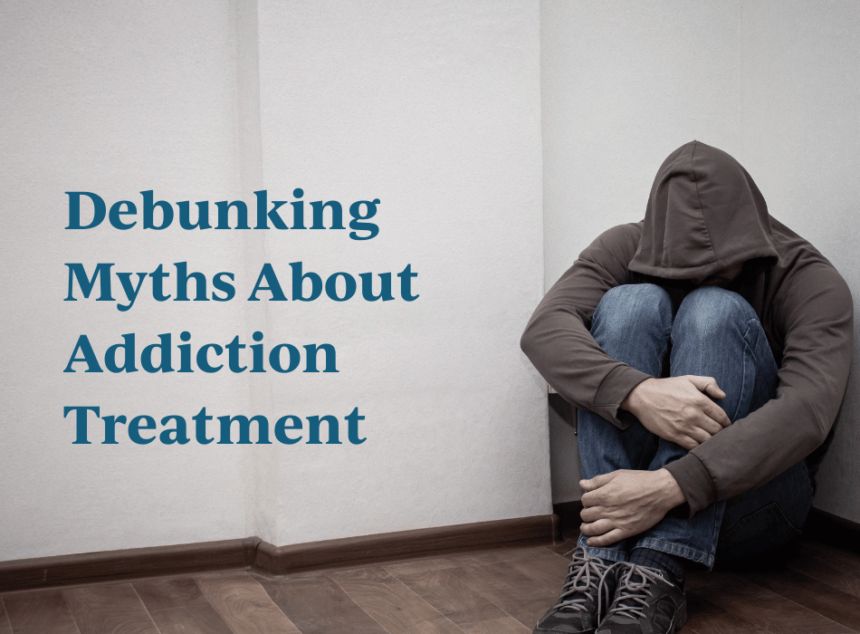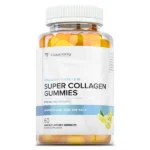Addiction treatment is surrounded by many myths that can deter you from seeking professional help.
These myths create barriers and misunderstandings about what addiction treatment entails.
Here, we will debunk a few common myths about addiction treatment so that you have a clearer understanding.
- Myth: Addiction is a Choice
Many people believe that addiction is simply a choice. However, addiction is a complex disease that affects the brain. It involves changes in brain chemistry and function, making it difficult for individuals to control their substance use. Understanding addiction as a disease is crucial in recognizing the importance of treatment. If you or someone you know is struggling, reaching out to a rehab hotline can be the first step towards recovery.
- Myth: You Have to Hit Rock Bottom
Another common myth is that a person must hit rock bottom before seeking treatment. This is not true. Early intervention can prevent further damage and improve the chances of successful recovery. Waiting for rock bottom can lead to severe consequences that could have been avoided with timely treatment.
- Myth: Addiction Treatment is Only for Severe Cases
Some believe that only those with severe addiction need treatment. In reality, addiction treatment can benefit anyone struggling with substance use, regardless of the severity. Early treatment can prevent the addiction from worsening and improve overall health and well-being.
- Myth: You Can Quit Anytime You Want
Many think that quitting addiction is just a matter of willpower. However, addiction is a disease that affects brain function, making it challenging to quit without help. Professional treatment provides the necessary tools and support to overcome addiction effectively.
- Myth: Treatment is a One-Time Thing
Some people believe that addiction treatment is a one-time fix. Recovery is an ongoing process that requires continuous effort and support. Long-term recovery involves maintaining healthy habits, attending support groups, and staying connected with treatment professionals.
- Myth: Rehab is the Only Option
Rehab is one form of addiction treatment, but it’s not the only option. Outpatient programs, therapy, support groups, and medication-assisted treatment are also effective. Each person’s treatment plan should be tailored to their specific needs and circumstances.
- Myth: You Have to Want Treatment for it to Work
While personal motivation is importantit’s not always necessary for treatment to be effective. Sometimes, external pressures, like family or legal issues, push individuals into treatment. Once in treatment, many find the motivation and commitment to continue their recovery journey.
- Myth: Relapse Means Failure
Relapse is often seen as a sign of failure, buit’s actually a common part of the recovery process. Many people experience setbacks before achieving long-term sobriety. The key is to view relapse as a learning experience and continue with treatment.
- Myth: Treatment is Too Expensive
The cost of treatment can be a concern, but there are many affordable options available. Insurance often covers addiction treatment, and there are also state-funded programs and sliding scale fees based on income. The cost of treatment is an investment in health and future well-being.
- Myth: Addiction Treatment is Only About Stopping Substance Use
Treatment involves more than just stopping substance use. It addresses the underlying issues that contribute to addiction, such as mental health conditions, trauma, and stress. Comprehensive treatment includes therapy, education, and support to build a fulfilling, substance-free life.
Understanding that treatment is comprehensive and addresses the root causes of addiction highlights its importance.
By dispelling these myths, we can create a more supportive environment for those seeking recovery.


